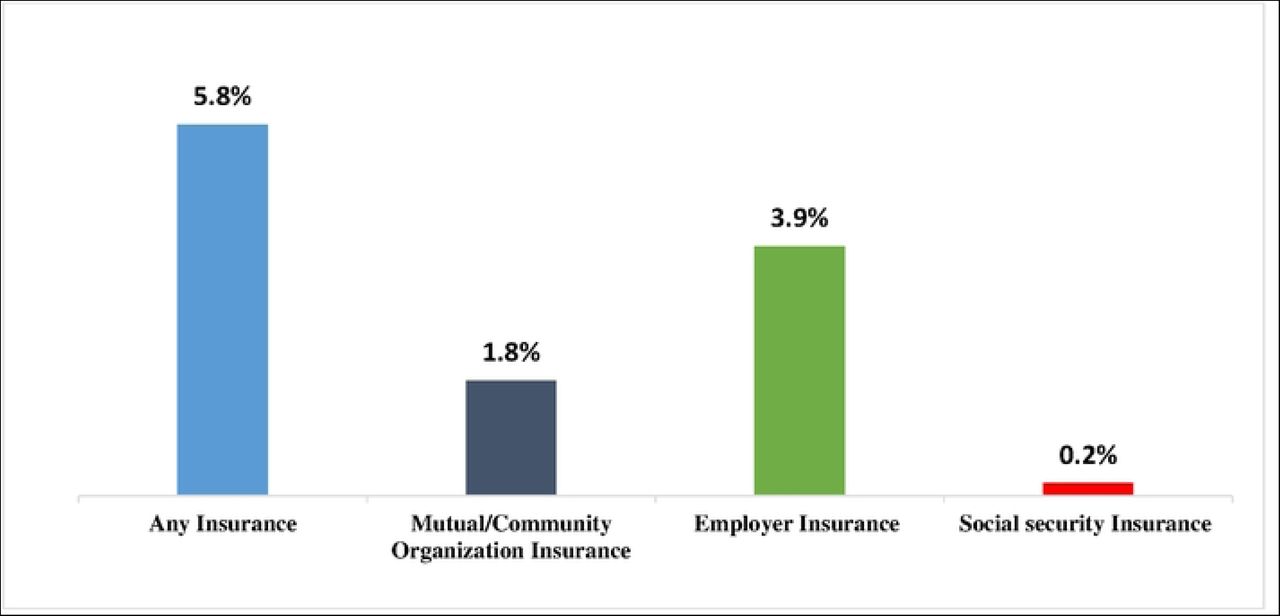Particularly in a nation like South Africa, where access to high-quality healthcare frequently depends on private medical coverage, health insurance is an essential part of both financial and social well-being. Among the myriad factors that influence health insurance premiums, age stands out as a particularly significant determinant. This paper investigates the relationship between age and health insurance rates in South Africa, looking at actuarial concepts, legislative frameworks, and socioeconomic effects.
- Actuarial Principles and Age-Based Risk Assessment
Insurance companies calculate premiums based on risk, and age is one of the most reliable predictors of health spending. Young people usually have fewer chronic illnesses, fewer demands and lower risk to insurers. Conversely, older people are more likely to suffer from age-related diseases such as hypertension, diabetes, and arthritis, increasing the likelihood of claims and costs. Therefore, premiums tend to increase with age according to these mathematical risk reviews.
- Regulatory Framework in South Africa
The South African health insurance industry is governed by the Medical Schemes Act, which mandates community rating within registered medical schemes. This means that all members of a particular plan pay the same premium, regardless of their age or health status. However, this regulation applies only to open medical schemes and does not cover health insurance products provided by long-term insurers, where age-rated premiums are still permissible.
This regulatory split leads to a dual-market effect. Younger individuals may opt for more affordable options within community-rated schemes, while older individuals might find themselves disproportionately burdened if they seek coverage outside these schemes, especially in gap cover or hospital cash plans that often use age-based pricing.
- Implications for Equity and Accessibility
There are serious issues with accessibility and equity raised by the age-based pricing scheme. Health insurance may become more and more expensive for older folks, who are frequently approaching or over retirement age, just when they need it most. This leads to a paradox in policy: the group most in need of health insurance is simultaneously the one with the most limited financial resources. As a result, a large number of seniors depend significantly on public healthcare systems, which are frequently overworked and underfunded.
Furthermore, this problem is made worse by the fact that insurance is not required in South Africa. Citizens of South Africa must freely negotiate a disjointed healthcare funding landscape, frequently without adequate state support, in contrast to regimes where universal coverage is required or subsidized.
- Market Responses and Potential Reforms
Several insurance companies have launched loyalty programs and wellness incentives aimed at promoting healthy lifestyles among older clients, thereby indirectly managing risk and keeping premium hikes in check.
Additionally, there have been discussions regarding risk equalization strategies, which could help redistribute resources among insurers to assist older, higher-risk individuals without excessively increasing their premiums.
In the long run, comprehensive healthcare reforms—like the suggested National Health Insurance (NHI) initiative—could significantly transform the healthcare landscape. If executed properly, the NHI has the potential to ease the financial strain on older adults by providing fairer access to healthcare, financed through a public pool.
Conclusion
Age plays a pivotal role in shaping health insurance premiums in South Africa, driven by actuarial assessments and partially mitigated by regulatory controls. While community rating provides some protection within medical schemes, older adults remain vulnerable to high premiums in other segments of the market. Addressing these challenges requires both regulatory innovation and systemic healthcare reform to ensure that all South Africans, regardless of age, have access to affordable and comprehensive health insurance.
